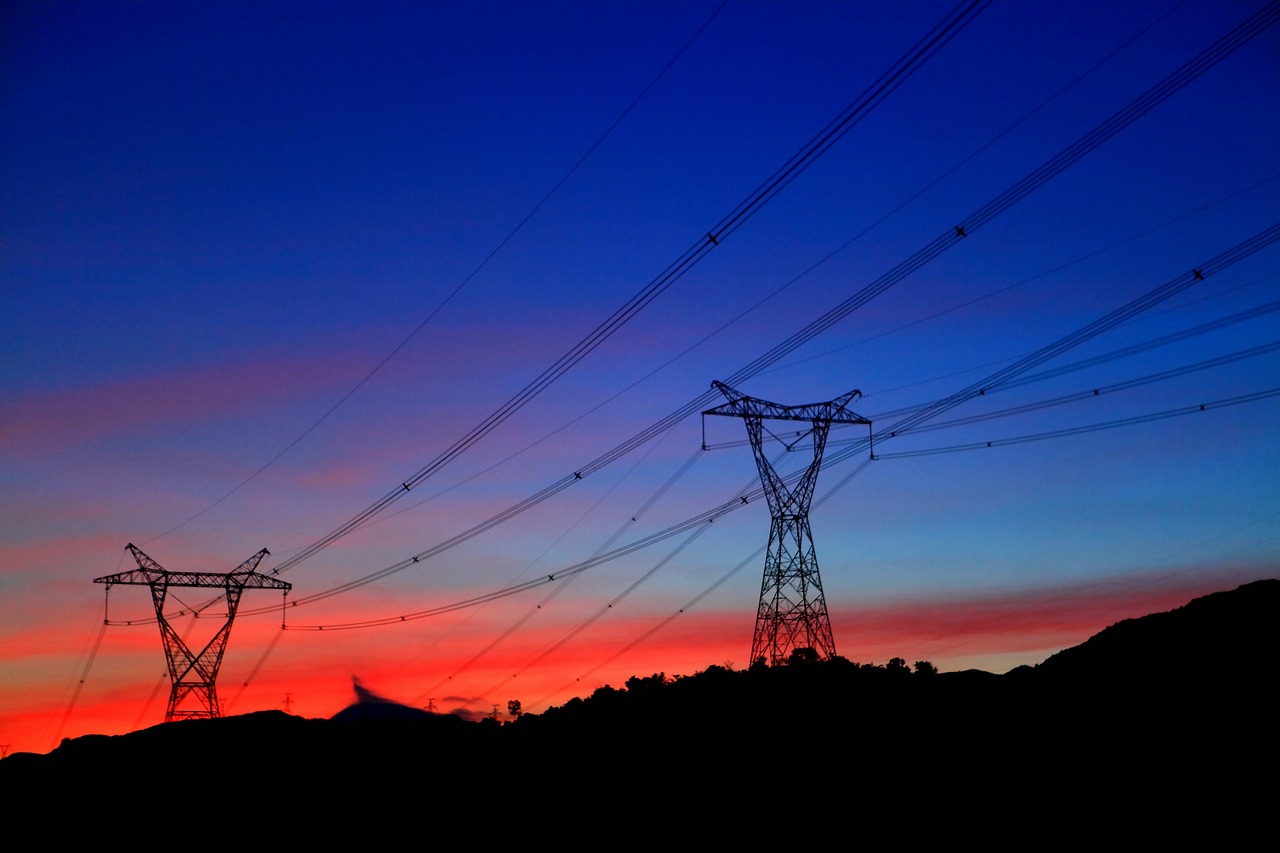New Zealand startup eyes global wireless electrical grid

A groundbreaking startup energy company in New Zealand is revolutionizing the way power is transmitted around the world. Emrod, in collaboration with a leading power supply company, has developed a wireless electric transmission system that has the potential to bring electricity to remote and inaccessible areas at a fraction of the cost of traditional power lines.
The key to Emrod's system is its use of a series of antennas that transmit electric energy in the form of microwaves. These microwaves are then directed through a cylindrical beam to relay stations, which guide the beam to receiving antennas, known as "rectennas," where the microwaves are converted back into electricity.
While the concept of wireless power transmission is not new, Emrod's system stands out for its exceptional efficiency and minimal energy loss. According to Greg Kushnir, the founder of Emrod, the system boasts an efficiency rate close to 100%, far surpassing that of common household microwave ovens, which only achieve around 70% efficiency. This remarkable efficiency is made possible by the use of advanced materials for energy transmission and the innovative design of the system.
Emrod has successfully tested the system over short distances, reaching up to 130 feet. However, the company is confident that the technology will work flawlessly over much longer distances, potentially transmitting power across hundreds of miles. This opens up a world of possibilities, as offshore facilities could easily power hard-to-reach destinations, and mountainous regions or areas that are too treacherous or costly for traditional wiring could be supplied with electricity with ease.
One of the concerns regarding wireless power transmission is the potential harm to wildlife, particularly birds. Emrod has addressed this issue by implementing a protective ring of laser beams that act as bodyguards around the microwave transmissions. These laser beams automatically shut off the microwave beams when objects such as birds, animals, or humans approach, ensuring their safety. Additionally, the power density used in Emrod's system is relatively low, comparable to standing outside at noon in the sun, which further minimizes any potential risks.
The reliability of the system is also noteworthy. Adverse weather conditions or atmospheric disturbances have no impact on the transmission, and in the rare event of a failure, mobile stations attached to trucks can be dispatched swiftly to rectify the issue.
Greg Kushnir, driven by the vision of harnessing clean energy and moving it efficiently and cost-effectively to where it is needed, developed this groundbreaking solution. While energy generation and storage methods have made significant strides over the past century, energy transmission has remained largely unchanged for 150 years. Emrod's wireless electric transmission system aims to bridge this gap and usher in a new era of energy distribution.
In partnership with Powerco, Emrod will commence a joint project in October. Additionally, the company has ambitious plans to transmit power across a 19-mile stretch of water from the New Zealand mainland to Stewart Island, at nearly half the cost of a traditional wired system. This project serves as a testament to the viability and potential of Emrod's innovative technology.
With Emrod's wireless electric transmission system, the world may finally have a reliable, cost-effective, and eco-friendly solution for delivering clean energy to even the most remote corners of the globe. As Emrod continues to push the boundaries of energy transmission, the possibilities for a sustainable future powered by solar, hydro, and wind energy become ever more attainable.
News
- 2023-07-20 Germany behind schedule on wind energy rollout: study
- 2023-07-20 Researchers propose a circular economy for rare-earth elements
- 2023-07-20 Researchers propose a circular economy for rare-earth elements
- 2023-07-20 Charging cars at home at night is not the way to go, study finds
- 2023-07-20 Charging cars at home at night is not the way to go, study finds